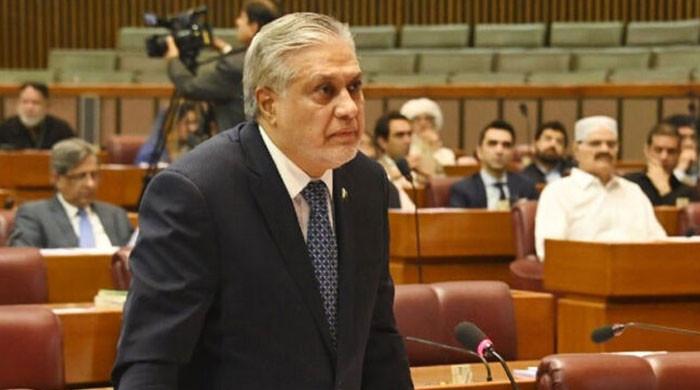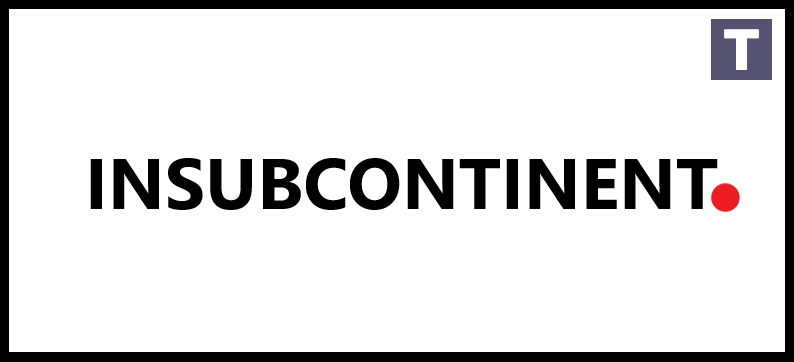Music
Trailers
DailyVideos
India
Pakistan
Afghanistan
Bangladesh
Srilanka
Nepal
Thailand
StockMarket
Business
Technology
Startup
Trending Videos
Coupons
Football
Search
Download App in Playstore
Download App
Best Collections
(Analysis) Researchers from Stanford University and Google DeepMind have developed AI technology capable of replicating human personalities with 85% accuracy after just a two-hour interview.
This breakthrough, published in arXiv, introduces “simulation agents,” digital replicas designed to mimic human behavior. These agents could transform fields li
- Details
- Category: Brazil
Read more: Digital Twins: How A.I. Clones 85% of Your Personality in Record Time
Write comment (96 Comments)Brazilian investments reached R$7.3 trillion ($1.217 trillion) by December 2024, marking a 12.6% increase compared to 2023. This data was provided by ANBIMA, the association representing financial and capital markets.
High-income retail investors drove this growth with a 15.4% rise, followed by traditional retail at 13.6% and private banking at
- Details
- Category: Brazil
Read more: Fixed Income Dominates as Brazil’s Investments Hit $1.2 Trillion Milestone
Write comment (91 Comments)Brazil’s National Supply Company (Conab) announced a projected record grain harvest of 325.7 million tons for the 2024/25 season, marking a 9.4% increase compared to the previous cycle.
The growth stems from a 2.1% expansion in cultivated area, now estimated at 81.6 million hectares, and a 7.1% recovery in average productivity, reaching 3,990
- Details
- Category: Brazil
Read more: Brazil Projects Record Grain Harvest of 325.7 Million Tons for 2024/25 Season
Write comment (93 Comments)A recent report by investment firm VanEck reveals that 20 U.S. states are considering legislation to create Bitcoin reserves, potentially investing a combined $23 billion in the cryptocurrency.
If enacted, these proposals could lead to the purchase of approximately 247,000 Bitcoins, signaling a growing embrace of digital assets by state
- Details
- Category: Brazil
Read more: U.S. States Eye $23 Billion Bitcoin Investment with Strategic Reserve Plans
Write comment (93 Comments)The cruise industry continues to thrive, achieving record-breaking numbers worldwide and in Brazil, according to the International Cruise Lines Association (CLIA).
Between 2022 and 2028, 44 new ships will launch globally, increasing passenger capacity by 19% to 746,000. This expansion reflects the sector’s resilience and its ability to adapt p
- Details
- Category: Brazil
Read more: Cruise Industry Breaks Records Globally and in Brazil, Poised for Further Growth
Write comment (96 Comments)President Donald Trump signed a memorandum on February 13, 2025, directing the implementation of “reciprocal tariffs” on imports from countries imposing higher duties on U.S. goods.
Brazil’s 18% tariff on U.S. ethanol was singled out as a key example of trade imbalance, with potential repercussions for the ethanol market and broader U.S.-Brazil t
- Details
- Category: Brazil
Read more: Brazil’s Ethanol Tariffs Spark U.S. Retaliation Amid Trade Disputes
Write comment (97 Comments)Page 100 of 625

 11
11












